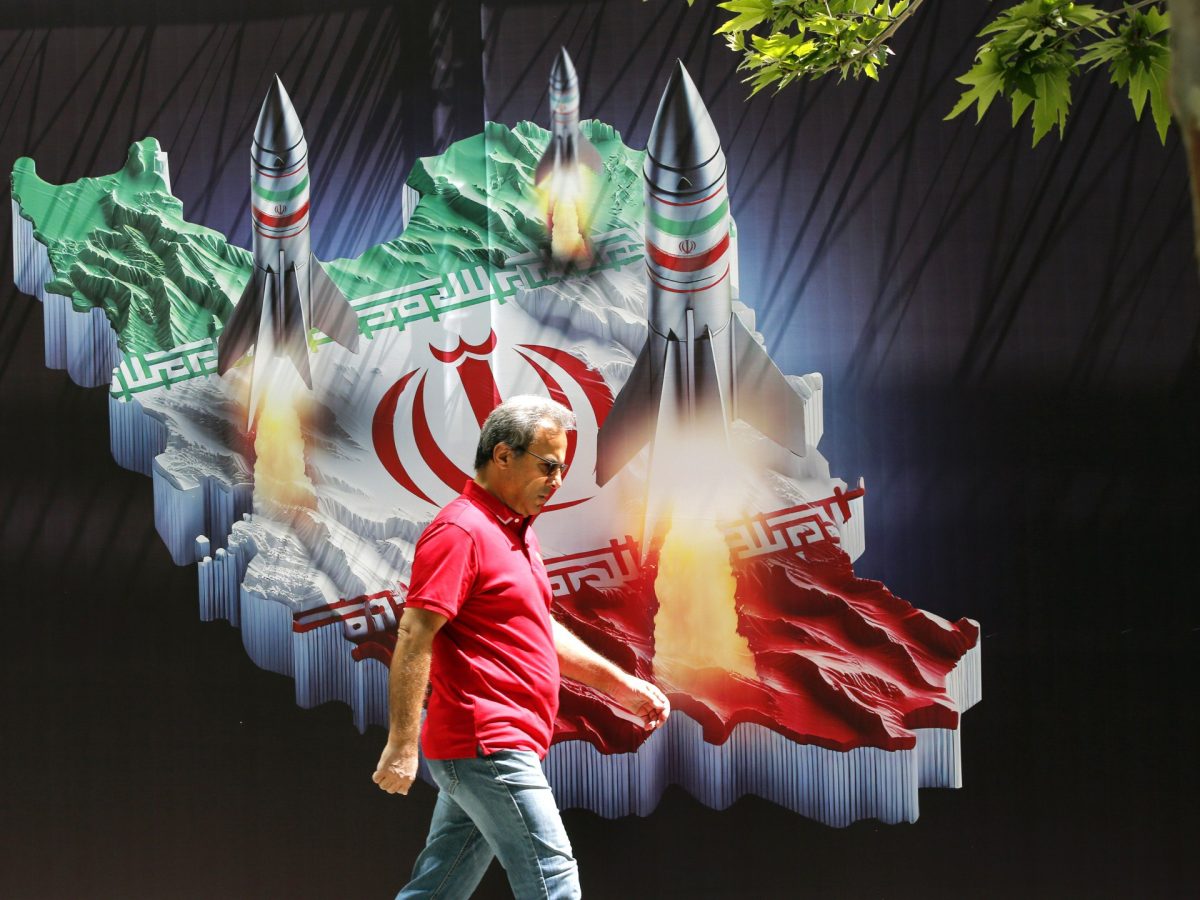The US Treasury and State Department announced the sanctions on Friday, as Israeli officials continue to pledge to forcefully respond to the Iranian aerial attack.
Tehran fired a barrage of missiles at Israel on October 1 in retaliation for the killing of Hamas chief Ismail Haniyeh in Tehran and the assassinations of Hezbollah leader Seyyed Hassan Nasrallah and an Iranian general in Beirut.
“In the aftermath of Iran’s unprecedented October 1 attack against Israel, the United States made clear that we would impose consequences on Iran for its actions,” US Secretary of State Antony Blinken said in a statement.
“To that end, we are taking steps today to disrupt the flow of revenue the Iranian regime uses to fund its nuclear program and missile development, support terrorist proxies and partners, and perpetuate conflict throughout the Middle East,” he added.
Friday’s measures add Iran’s oil and petrochemical industries to a list of sectors that Washington says Tehran uses to fund its ballistic missiles and nuclear programmes, allowing further sanctions against them.
But Iranian oil and petrochemicals are already under heavy US sanctions.
The most recent penalties appear to be aimed at tightening the enforcement of the restrictions on Iranian exports, while sending a message of support for Israel after the missile attack.
The State Department announced the administration of US President Joe Biden is “issuing a determination that will lead to the imposition of sanctions against any person determined to operate in the petroleum or petrochemical sectors of the Iranian economy”.
The State Department sanctioned six entities and six vessels on Friday, while the Treasury targeted 17 ships.
The vessels are registered in the United Arab Emirates, China and Panama, among other places.
The sanctions will freeze the entities’ assets in the US and generally make it illegal for Americans to engage in financial transactions with them.
The region continues to anticipate the Israeli response to the attack, amid fears of spiralling escalation that could drag the entire Middle East to an all-out war.
In the past week, Biden suggested that Israel should refrain from striking Iran’s nuclear facilities or oilfields, but the Israeli government has repeatedly defied Biden’s public warnings in the past.
A military attack on Iran’s oil sector could send global prices soaring and prove costly for American consumers, which would harm the election chances of the Democratic candidate, Vice President Kamala Harris.
Iran’s envoy to the United Nations, Amir Saeid Iravani, said this week that his country “stands fully prepared to defend its sovereignty and territorial integrity against any aggression targeting its vital interests and security”.
